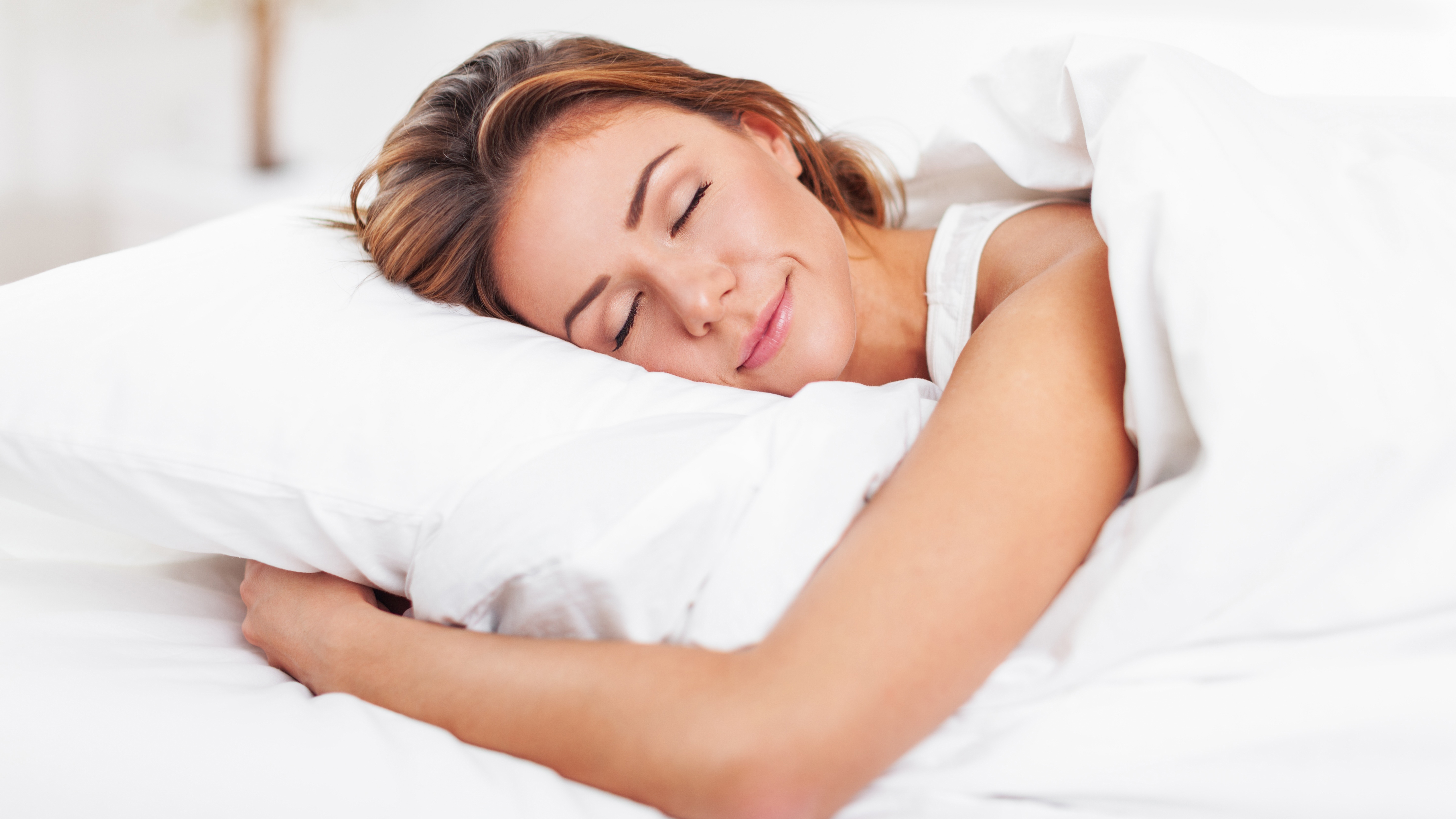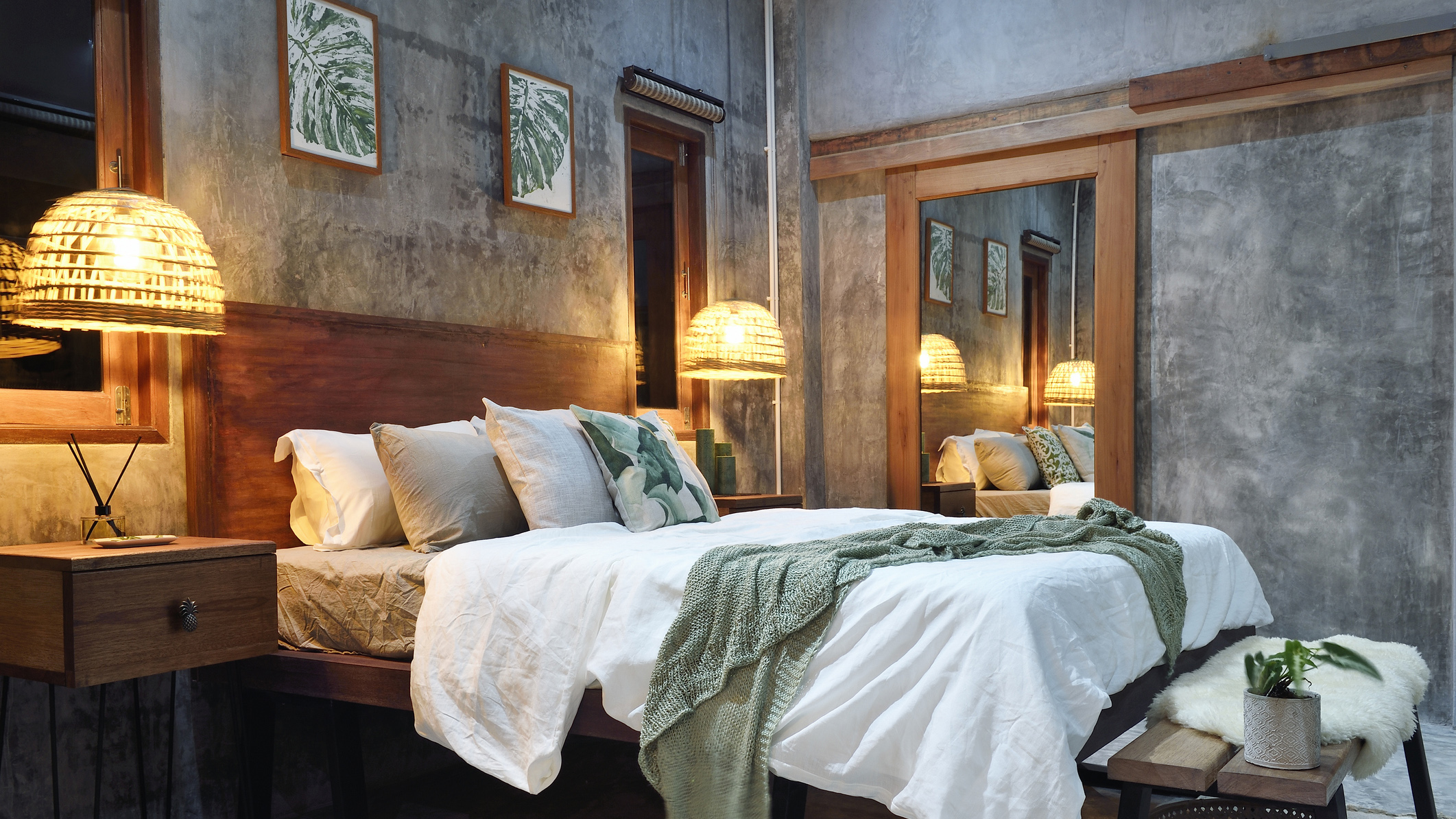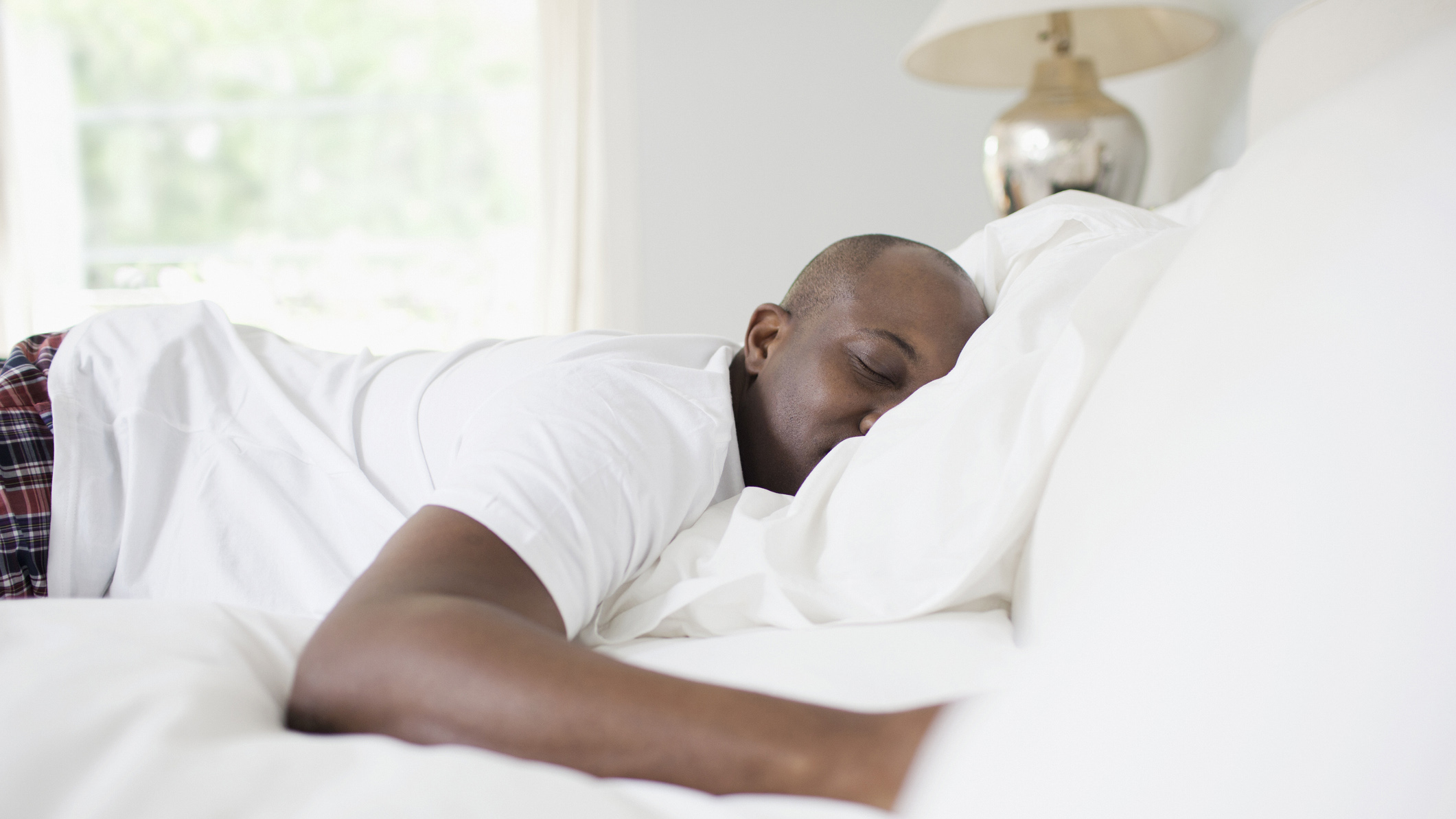Getting consistently good sleep is beneficial for our health, and helps us to feel happier, more energized and productive. But how might persistently poor sleep affect our health? A peer-reviewed study, published in the PLOS Biology journal, suggests there is a link between regular (persistent) broken sleep and a risk of atherosclerosis, a disease that, according to the Mayo Clinic, involves a build-up of plaque in the arteries.
The study used a multi-ethnic sample group of over 1,600 middle-aged and older adults. It looked at how consistently poor sleep increases chronic inflammation throughout the bloodstream, and how that in turn is linked to higher amounts of plaque inside the arteries. So to be clear, we’re not talking about the odd sleepless night here.
- The study suggests that persistently disrupted sleep could increase your risk of disease
- To reduce this, researchers suggest sleeping for seven to nine hours each night
The researchers included physicians from the Department of Medicine at Harvard Medical School, and neuroscientists from the Center for Human Sleep Medicine at the University of California. They measured participants’ sleep for one week, tracking it via a combination of wrist-based devices, blood tests and calcium scores to detect plaque build-up.
The team discovered that regular broken sleep raises chronic inflammation throughout the bloodstream. This in turn is linked to higher amounts of plaque in the arteries. Healthy eating and regular exercise are among the lifestyle changes often recommended as treatment for atherosclerosis, though medication and surgery are sometimes needed.

Studies such as this one are meant to empower, not scare. So if you’re having difficulty sleeping well most nights, read our feature on how to sleep better, which is packed with tips from a sleep expert. When it comes to how many hours of sleep you need per night, your age has a lot to do with it, but remember that we all have individual body clocks so it's important to find the right balance for you. On average the CDC recommends the following:
- Adults – seven to nine hours a night
- Teens – eight to ten hours per 24 hours
- School age children (aged six to 12) – nine to 12 hours per 24 hours
- Preschool (aged three to five) – ten to 13 hours per 24 hours (including naps)
- Toddlers (aged one to two) – 11 to 14 hours per 24 hours (including naps)
How to boost your chances of sleeping better each night
There is no one specific way to ensure you’re getting high quality sleep each night. Rather, you may find that mixing a few different techniques and methods helps you snooze better. Here's a few proven methods to get you started...
Overhaul your bed
Ensuring you have the best mattress for your sleep needs could make a difference in helping you sleep better more consistently. As we get older we need more support from a mattress to ensure better spinal alignment, so your old mattress may not be up to the job now. It's the same story with what we rest our heads on, so ensure you have the best pillow for your sleep position (ie, stomach sleeper, side sleeper).
If your current mattress isn't supportive enough, take a look at the best Purple mattress deals to save on the original Purple mattress, designed to promote better spinal alignment. We'd also recommend looking at the best Saatva mattress discounts to save money on these chiropractor approved beds.
Breathe deeply
If anxious thoughts are keeping you awake, run through some deep belly breathing exercises before getting into bed or while you’re lying there, staring at the ceiling. Also, try journaling earlier in the evening to get worrisome thoughts out of your head and onto paper.
We recently spoke to a psychologist about how to manage anxiety with breathing, journaling, CBT and more. To quiet your mind, download one of the best meditation apps, which often come with free seven-day trials.

Massage your body
Pent-up tension in the body is a no-no for good sleep, as tight and tense muscles could cause your discomfort in bed. Experiment with using one of the best handheld massagers to relieve tension and tightness throughout your back, neck and legs.
Create a sleep regime
If your biggest sleep issue is dropping off, the most important step you can take in remedying this is by creating and sticking to a proper sleep regime. This means going to bed and getting up at the same time every day, even on weekends.
By doing this, you’re training your brain to know when it’s time to sleep and when it’s time to wake up. With practice, your brain will automatically fall into this rhythm and you will be able to fall asleep quicker and stay asleep longer without effort.
Exercise outdoors in the morning
Exposure to natural sunlight early in the day (before noon) helps our circadian rhythms stay on track, and helps us maintain a healthy sleep-wake cycle, according to the Sleep Foundation. Good cardio and mood-boosting exercises to do in the morning include running, flow yoga and walking.
To keep track of your daily activity, and prompt you to move more, team up with the best fitness trackers for motivation and tracking workouts.

How to turn your bedroom into a sleep haven
The environment within which you sleep is another area to look at. If there’s artificial light streaming in at night, use blackout curtains to ensure your room is dark enough for sleep. Or use a sleep mask, such as the Purple Weighted Sleep Mask, which also uses deep pressure stimulation to relax strained eyes.
In terms of in-bedroom climate, 60-67°F is the ideal room temperature for sleep, according to Sleep.org. That’s because if you’re too hot or too cold, you will wake up. Invest in a smart thermostat and it will automatically take care of this, once it’s learned your specific routine and how hot or cool you like your home.
You may not want to hear this, but experts also recommend banishing as much tech as you can from your bedroom and making it your sleep haven. That means keeping your bed for sleep and sex only so that your brain understands what that space is primarily used for... and how it isn't your make-shift office when working from home.
For more tips on how to create a bedroom geared up for sleep, read our expert-led guide on how to optimize your bedroom for a more restful night.

